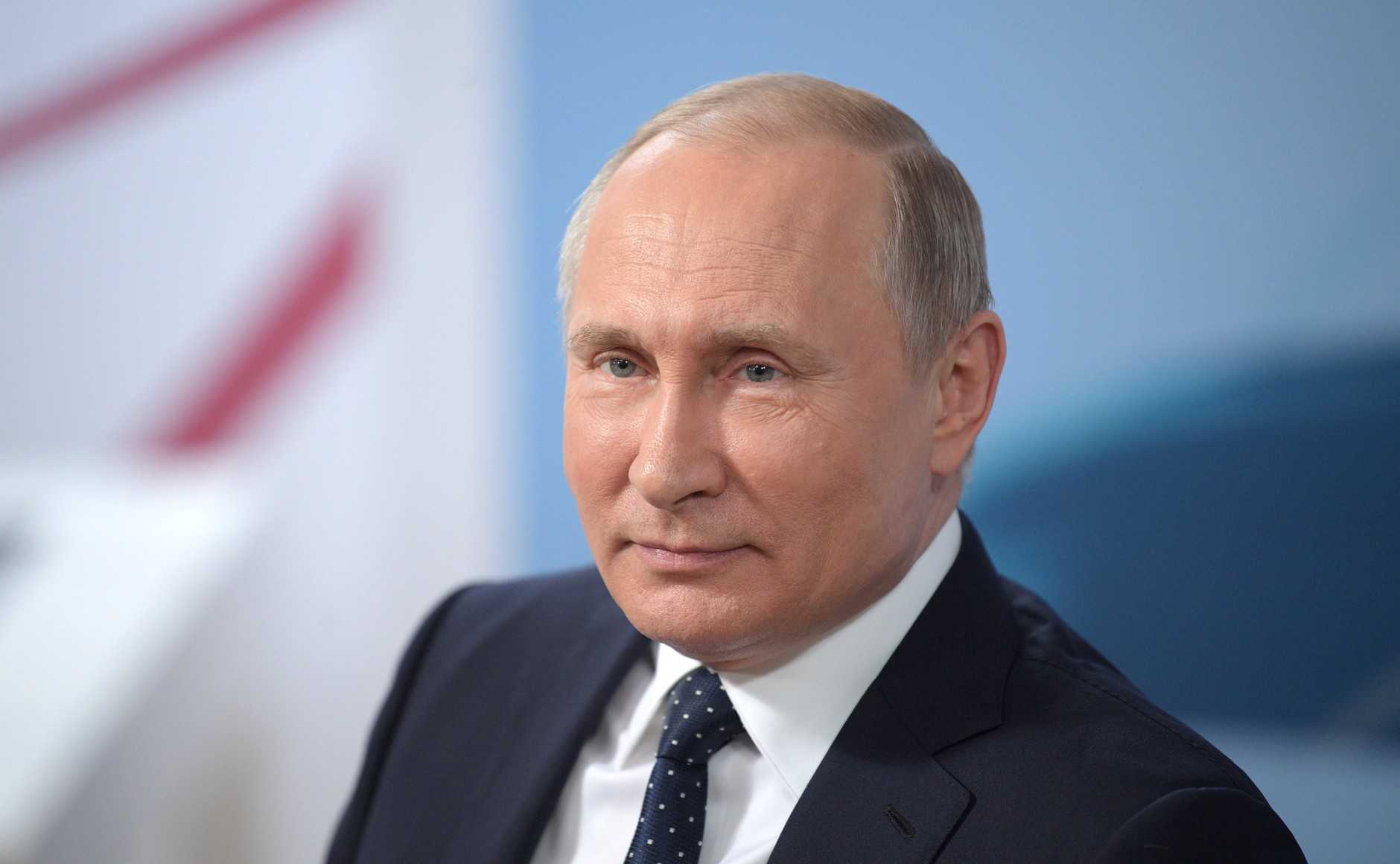Russia considers legalising Islamic banking: Russian authorities are planning to approve new non-credit financial companies that focus on Islamic banking. The Central Bank might take on the role of regulator.
A new law is being drafted in Russia to govern Islamic banking, a developing industry that might assist state-run banks hurt by Western sanctions in luring foreign investors and serving domestic clients.
According to a story in the widely read Russian newspaper Kommersant, the non-credit banking institutions will function as financing partnership organisations (FPOs) and provide its clients with Sharia-compliant financial products.
According to the report, the FPOs would fall under the jurisdiction of the Russian Central Bank, which would keep a register of all such businesses and regulate their operations.
Anatoly Aksakov, the chair of the State Duma Committee on Financial Market, said that by the end of the week, the draft bill could be submitted to the Lower House.
Islamic banks follow strict moral and ethical rules, forbid interest payments, and refrain from engaging in financial speculation. The projected $1.99 trillion market value of the worldwide Islamic banking industry is rising at a rate of 14% yearly. In the non-Islamic global banking sector, it holds a 6% market share.
A One trillion dollar industry

The proposed legislation would allow these organisations to partner with individuals and businesses to raise money for investments in projects that adhere to Islamic law. The Bank of Russia, according to the article, is open to innovation but prefers to test the new system first on a small number of firms.
The bill states that because Islamic law forbids lending money at interest, banks and other credit institutions cannot offer this service using their usual products.
The following services will be offered by FPOs: providing money loans to individuals and legal entities without charging a fee; financing them as a trade intermediary by entering into instalment sale or leasing contracts; financing production and trade activities by taking part in the share capital of legal entities on a partnership basis; and providing sureties.
According to the bill’s authors, “in the new situation marked by cutting relations with Western financial markets, the necessity of Russian citizens, the real economy’s businesses, and financial institutions in the tools of (Islamic) finance cooperation is developing.”
Islamic banking also imposes a number of limitations and prohibitions. For instance, a prohibition on the payment of interest (riba) and derivative interest transactions, a prohibition on uncertain transactions (gharar), and a prohibition on funding particular economic sectors, such as those related to gambling, pork, alcohol, etc.
Russian Islamic finance has long been a topic of discussion.
It was announced that a working group on Islamic finance would be formed by the State Duma Committee on Financial Markets in the spring of last year. In order to encourage the influx of funds from the UAE and other Islamic nations, it was intended to adopt a limited number of adjustments to the regulations. Elvira Nabiullina, the head of the central bank, stated in a speech to the Federation Council at the end of November 2014 that the Bank of Russia is looking into the possibility of implementing legislation for Islamic banking.
According to a regulator spokesperson who spoke to the publication, the regulator thought it was conceivable to expand the system of funding partnerships gradually, including by setting up the framework for the regulatory experiment.
“The growth of lending to the economy and the development of the financial sector will both benefit greatly from this, “she predicted.
93 percent of the assets of Islamic banks are located in Qatar, Turkey, Indonesia, Saudi Arabia, Malaysia, United Arab Emirates, Kuwait, and Pakistan. The first Islamic bank outside of nations with a significant Muslim population was founded in the United Kingdom in 2004.
It is interesting to note the next steps they will take after Russia considers legalizing Islamic banking.
Read more latest news and articles here.
Check out the latest updates on our social media.









